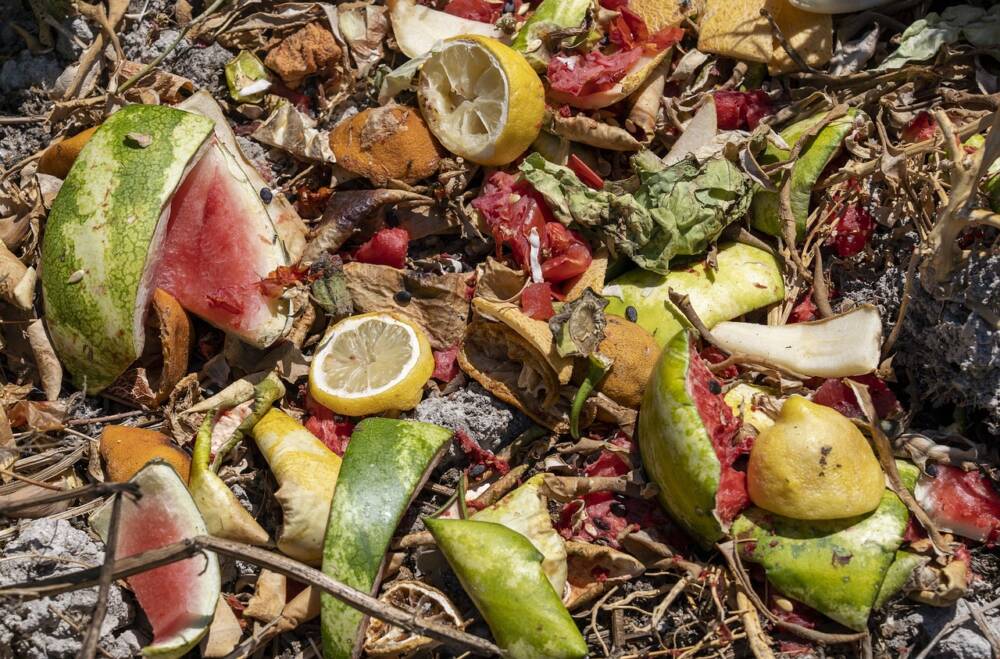Espen Barth Eide, Minister for Climate and Environment, and Sandra Borch, Minister for Agriculture and Food, present a committee that will explore measures to achieve the 50% reduction in food waste by 2030. food waste law. The commission will be led by Petter Haas Brubakk, managing director of NHO Mat og Drikke and chairman Matvett. Matvett serves as the secretary.
– Food that isn't eaten is a major resource and environmental problem. Food waste must be significantly reduced, says the Minister of Climate and Environment, Espen Barth Eide.
– The government already has good cooperation with the food industry in reducing food waste. Since 2015, it has been reduced by ten percent. This is a step in the right direction, but far from sufficient. We are currently continuing our cooperation by establishing a committee that also includes other entities, such as environmental organizations. We believe that together we will achieve the ambitious goal of halving food waste by 2030, says Eide.
The industry knows best where food waste occurs
- In that work, it will be important to use the experience from the industry agreementto ensure that food waste law complements existing and possibly other new measures well. The industry itself knows best where food waste occurs throughout the food value chain. Thanks to this knowledge and industry ownership, we obtain the best possible investigation, says Minister of Agriculture and Food Sandra Borch.
In 2020, 84,7 kg of food was thrown away per capita in Norway
-Initiating change to reduce food waste requires action from the authorities. It also requires changes in the food value chain, including for consumers, says Eide.
“We are pleased that the Managing Director of NHO Mat og Drikke, Petter Haas Brubakk, has taken up the challenge of chairing the committee. The Commission will now examine a comprehensive package of measures to reduce food waste. We also want the other members of the commission to represent the entire spectrum of actors, says Borch.
Food centers and non-profit organizations do significant work
The committee is made up of representatives from industry, consumer and environmental organisations, the municipal sector and food centres, all interested in reducing food waste. Food centers and non-profit organizations are doing significant work to protect food from being thrown away. Consumer and environmental organizations place great emphasis on the environmental challenges of food waste. They also highlight how we can all contribute to change.
– We believe that the world of business and other social actors are very committed to reducing the impact of food waste on the climate and the environment. If we can halve food waste by 2030, it could cut emissions by up to 1,5 million tonnes of CO2 equivalent, says Eide.
Like us on Facebook and share our post with others. Thank you.
Source: regjeringen
Read and learn more: The government is considering creating a mandatory register of small boats


